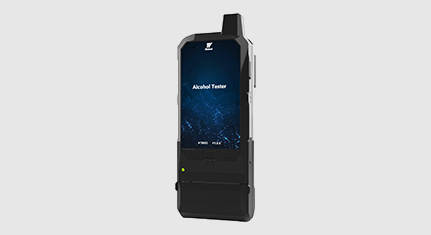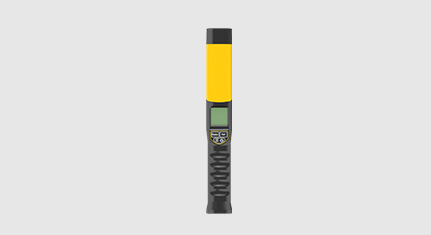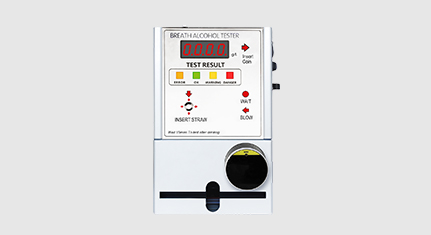Understanding personal breathalyzer fuel cell sensor performance
Alcohol testing is an analysis of the amount of alcohol (ethanol) in the body, which is determined by a breath sample or a blood sample. A breathalyzer does not directly measure the blood alcohol content. This requires the analysis of a blood sample. Instead, they estimate BAC by measuring the amount of alcohol in one’s breath.
The sensor is the component inside a breathalyzer that measures the chemical reaction and processes the reading. Among personal breathalyzers, there are those that use semiconductor technology, and those that use fuel cell sensors.
To gain a greater understanding of personal breathalyzer fuel cell sensor performance, here are some key details to take into consideration.
View AT8030 Portable Breathalyzer(Fuel Cell Sensor)
Sensor Cost
Depending upon your budget, it’s crucial to consider how much you’ll want to spend on personal breathalyzers. Oxide-based semiconductor breathalyzers are cheaper and smaller, but they need more frequent calibration and are generally less accurate than the fuel-cell type.
Use environment
Although semiconductor breathalyzers are not quite as accurate as fuel cell breathalyzers, the lower cost makes them ideal for personal use. Many families utilize the AT188 Personal Breathalyzer to determine if a loved one has been drinking.
For a personal breathalyzer that is more accurate, look for a model that uses fuel cell sensors. Because prices for fuel cell units have dropped in recent years, they are becoming popular for personal use, too.
Share:
Read More
- >>Previous: Personal fuel cell breathalyzer: Do you really need it?
- >>Next: Fuel cell sensors: Personal breath alcohol tester sensor



